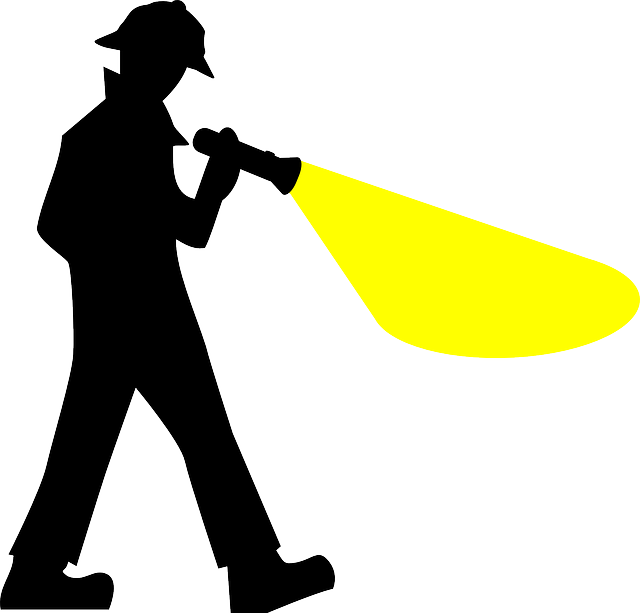If you plan on running in a local election and there is publicly available information about you that might be a hindrance to your campaign, it’s best if you can identify it before your opponent does. As a political campaign candidate, you should always assume that your opposition will discover–and leverage–any unflattering bits about your past.
The best way to prepare yourself for this kind of negative campaigning is to do preemptive opposition research on yourself.

Sometimes a political candidate’s own worst enemy is himself, especially if he is arrogant enough to assume that his opponents aren’t
Let me insert an important caveat here: if you have such an embarrassing and shameful past that you need to devote serious resources to preparing for when scandals break, then you might want to re-think running for office in the first place. Everyone has made a few mistakes in their life, but if you have a serious criminal record–or a pattern of immoral behavior–then I would urge you not to run for office in the first place. The public places their trust in elected officials, and you need to have a record that proves you are worthy of that trust. going to dig up unflattering info about his candidacy. Thanks to the advent of the Internet and search engines that can scour the web for all sorts of obscure information, any publicly recorded mistake that you might have made in the past is going to be available for anyone to find.
In other words, if you’re looking for tips on how to hide a shady and criminal past, then I hope you end up getting beat on election day .
. . and you probably will. I’ve had to deal with way too many slimy, law-breaking, lying politicians to help facilitate the creation of even more of them.
If, on the other hand, there are a few small embarrassing incidents in your past that a political opponent might use as campaign fodder, then it’s a good idea to see how much information is available online. Doing a Google search of your own name is a good start, but you’ll need to take it much further than that.
Dig deep into the search results–search engines often provide hundreds of pages of websites that relate to your search term–and look for any mentions that you might not have realized exist on the Internet.
If your “opposition research” exercise does turn up something less than flattering, don’t waste your time trying to get it removed from a website or de-indexed from the search engines. While you might have some success getting a page removed if you have a few years to work at it, it’s usually useless to try. Simply assume that your opponents are going to have access to the same information, and formulate your response plan from there.
At the very least, you won’t be surprised if the information becomes a campaign issue in your local election.





